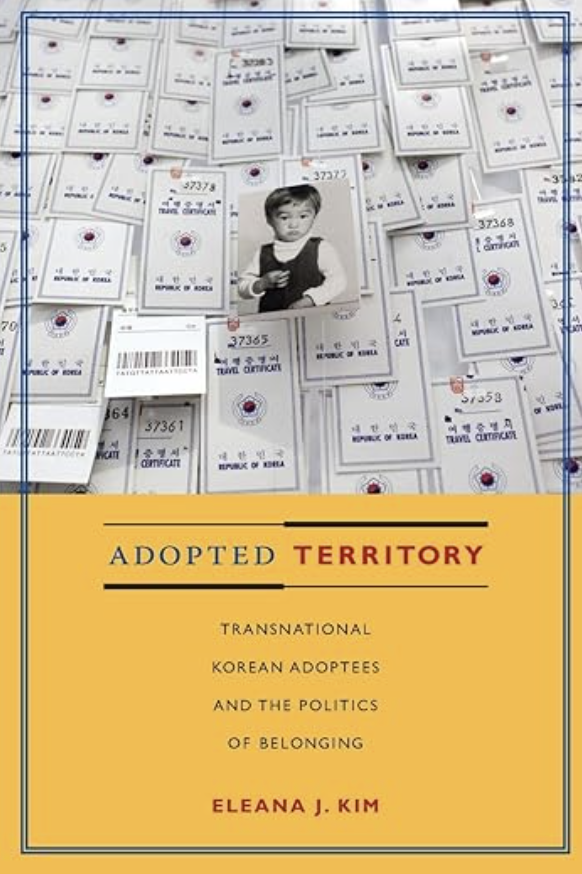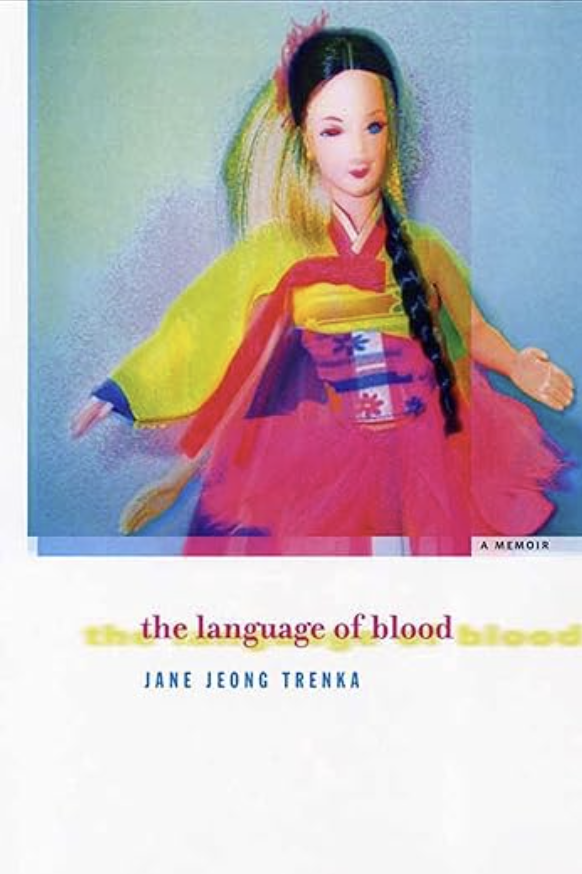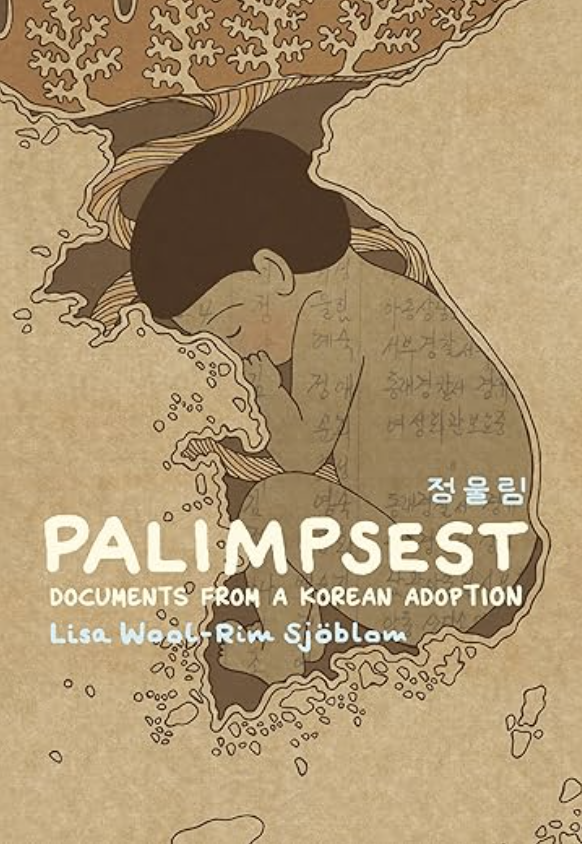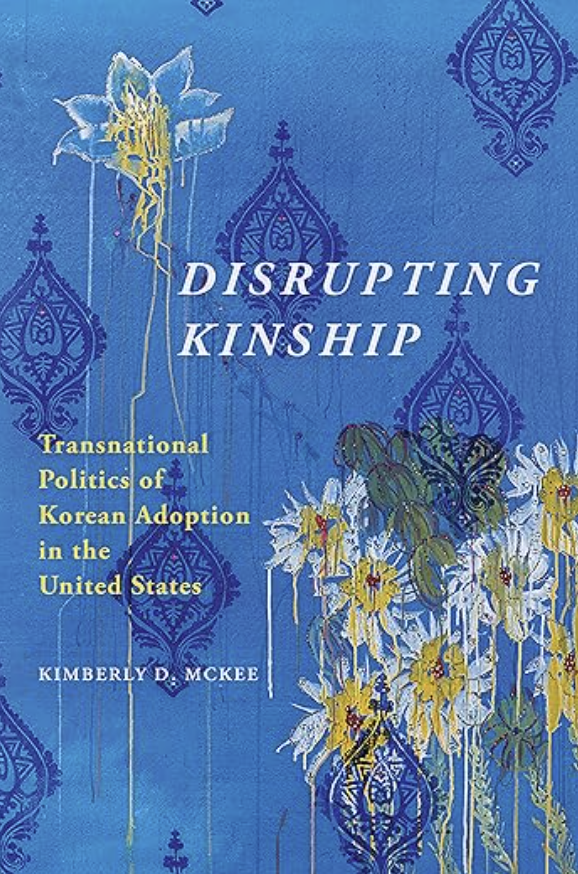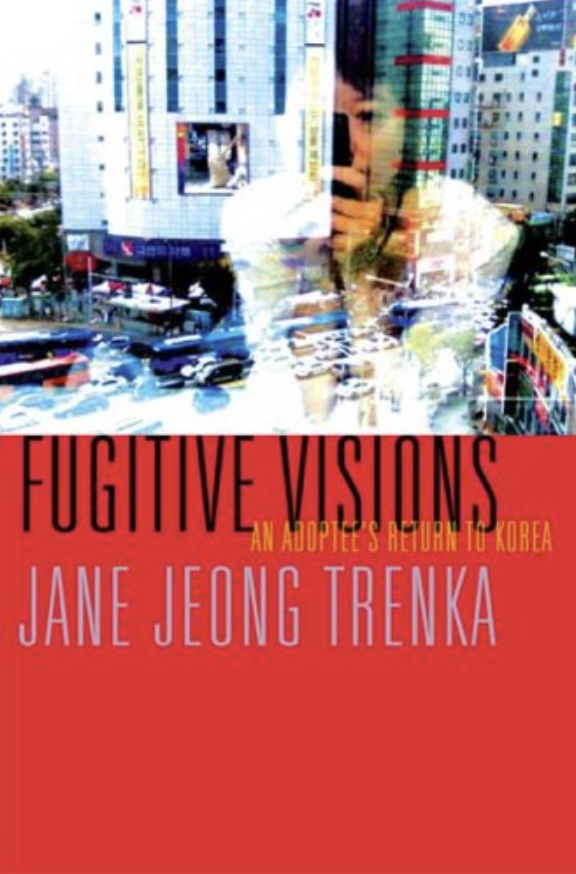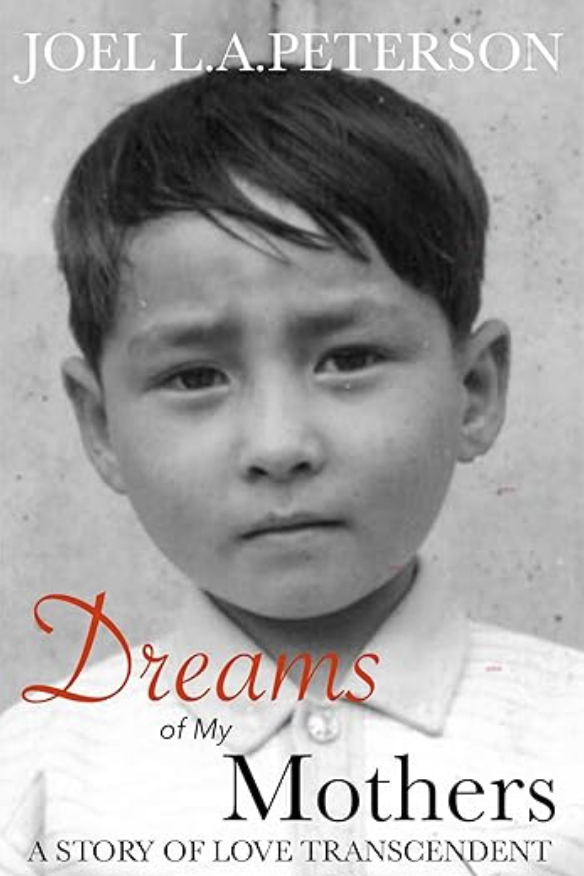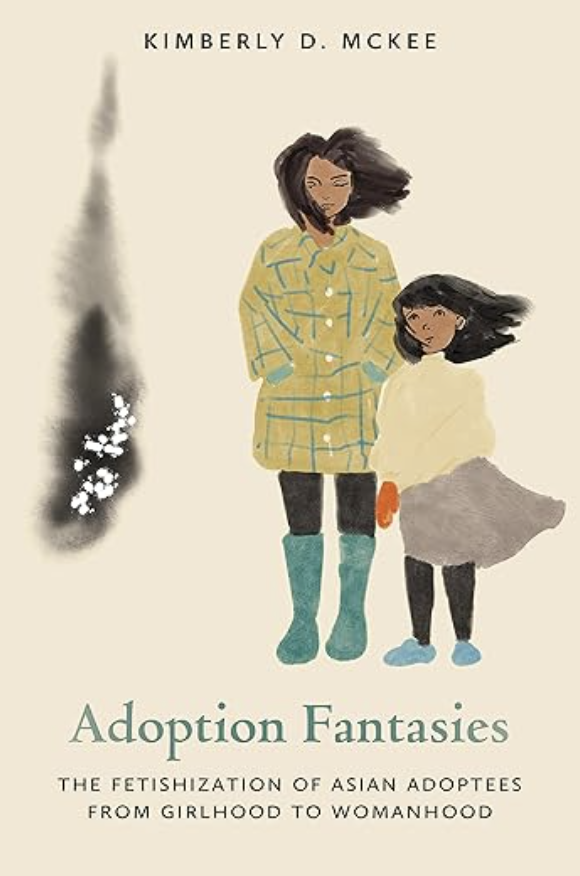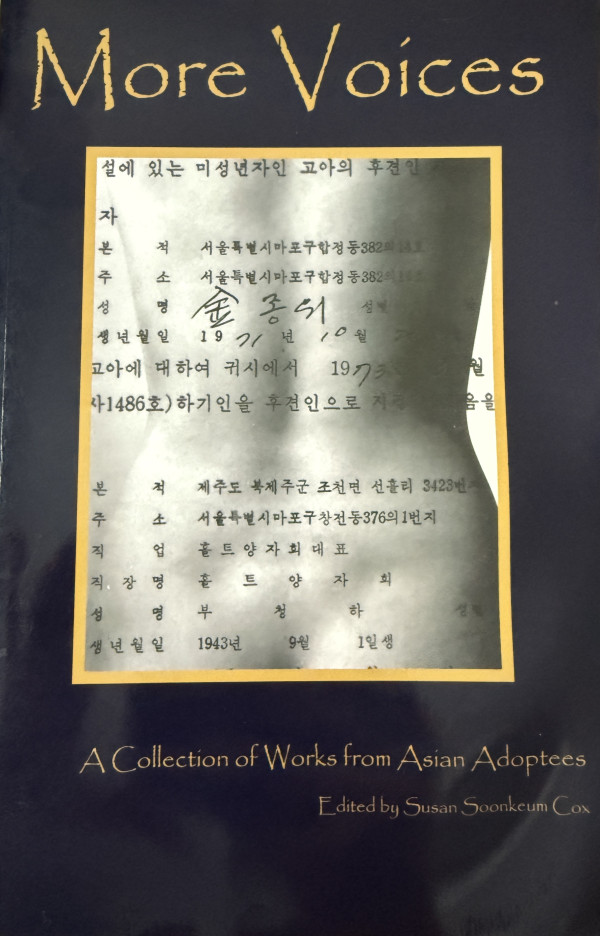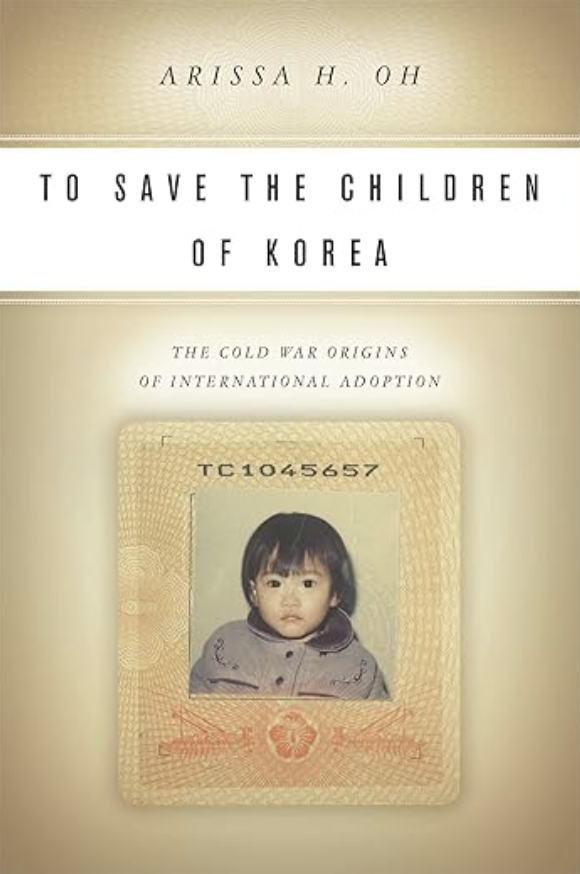Not My White Savior
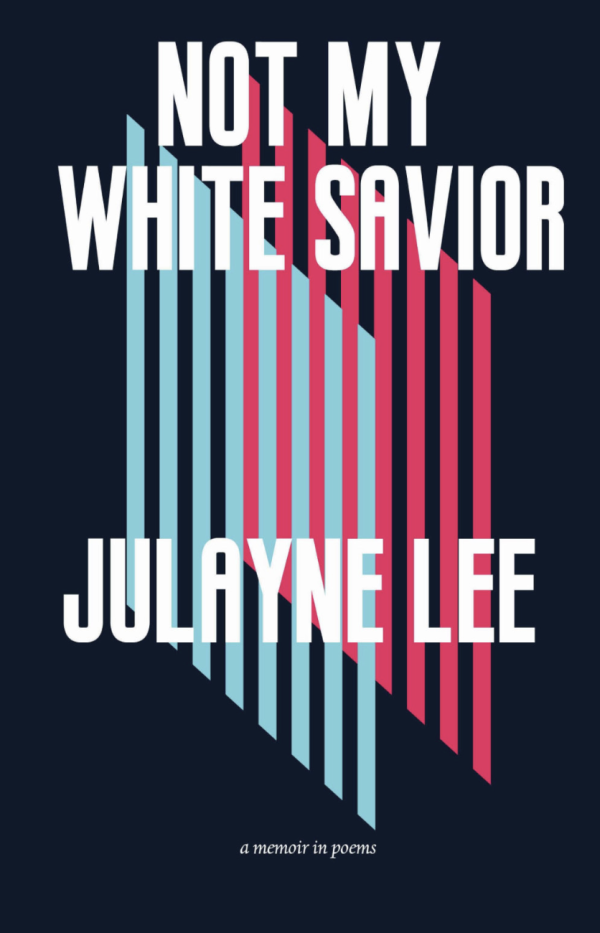
Julayne Lee was born in South Korea to a mother she never knew. When she was an infant, she was adopted by a white Christian family in Minnesota, where she was sent to grow up.
Not My White Savior is a memoir in poems, exploring what it is to be a transracial and inter-country adoptee, and what it means to grow up being constantly told how better your life is because you were rescued from your country of origin. Following Julayne Lee from Korea to Minnesota and finally to Los Angeles, Not My White Savior asks what does “better” mean? In which ways was the journey she went on better than what she would have otherwise experienced?
